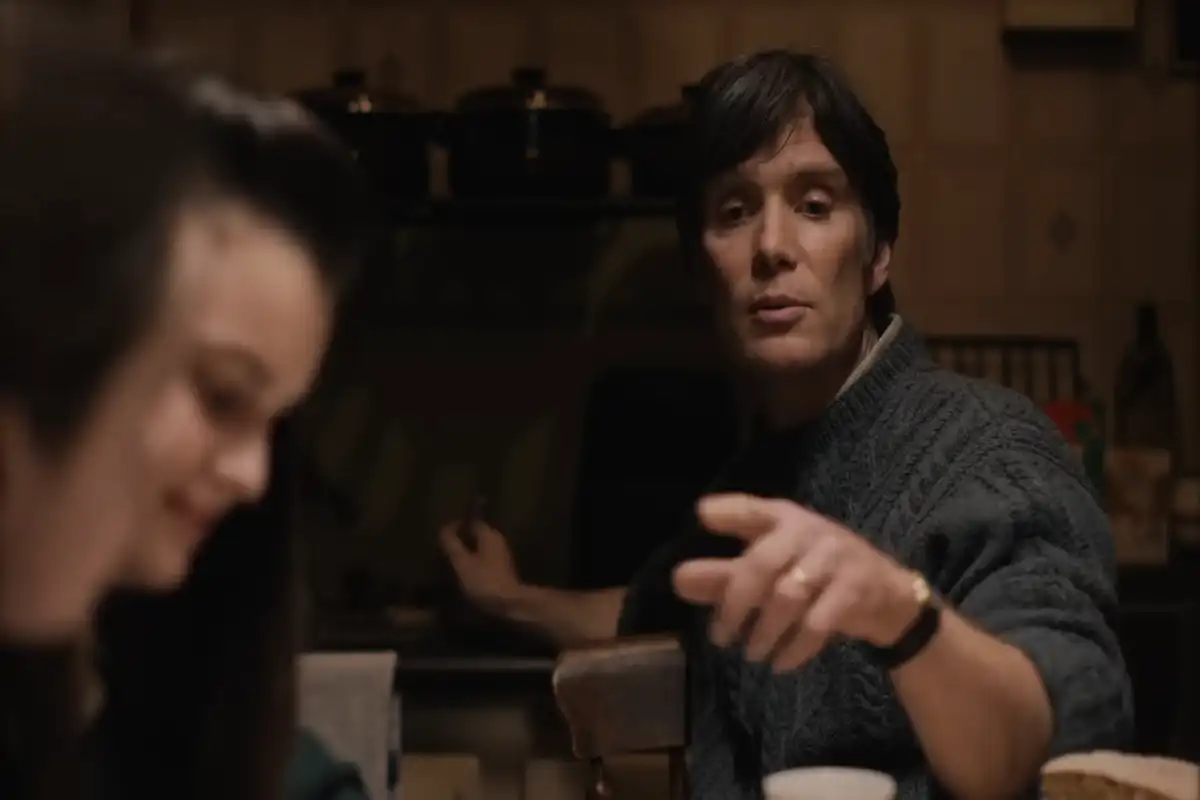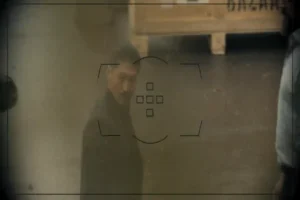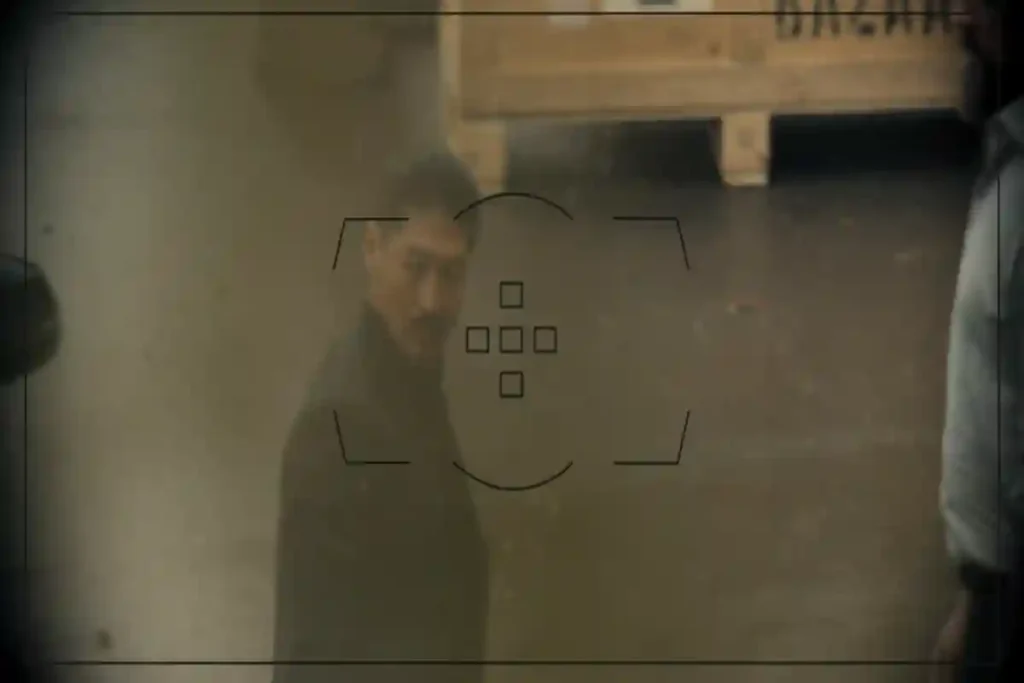Key Points:
- Small Things Like These is set in 1985 in Ireland, during economic and political challenges.
- References the Magdalene Laundries, institutions notorious for abuse.
- Highlights societal complicity in the mistreatment of vulnerable women.
- Touches on Ireland’s religious influence and the consequences of silence.
Claire Keegan’s Small Things Like These is set in the backdrop of 1985 Ireland, a period marked by political and economic tensions. Through Bill Furlong’s journey, the novel explores the hidden realities of Magdalene Laundries and the complicity of society in such institutions. This historical fiction offers a glimpse into a challenging time for Irish communities, particularly women.
Magdalene Laundries and Their Role in Irish History in Small Things Like These

The novel makes direct references to the notorious Magdalene Laundries, which were institutions run by the Catholic Church in Ireland. These laundries housed “fallen women”—unwed mothers, women considered promiscuous, or those deemed a burden on society. These women were often subjected to forced labor, abuse, and severe mistreatment. Though Claire Keegan’s book does not dwell explicitly on the broader history of these laundries, it uses Bill Furlong’s discovery at a local convent to shine a light on their harsh realities. According to sources, these laundries remained operational until the late 20th century, with the last one closing in 1996.
The novel reflects the deep complicity of the church and local communities in these abuses. Keegan captures the silence surrounding these institutions through Bill Furlong’s internal struggle. He discovers a young girl locked inside the convent, pleading for help, and must confront his own role within a society that allows such institutions to exist.
READ MORE: Venom The Last Dance : Knull’s Marvel History
Ireland’s Political and Economic Atmosphere in the 1980s

The setting of the story, 1985 Ireland, is also significant for its historical context. Ireland faced economic challenges, with high unemployment and emigration rates during this time. There were also political tensions, particularly regarding Northern Ireland, which is referenced briefly in the novel. Furlong reflects on the political landscape as he contemplates the situation in his town, a reflection of the broader issues affecting the country.
The combination of these historical and political elements adds depth to Keegan’s narrative, showing how individuals grappled with both personal and societal pressures during this turbulent period in Ireland’s history.
READ MORE: Small Things Like These: The Impact of 1985 New Ross on the Narrative According to the Book
Through its references to the Magdalene Laundries and the political atmosphere of 1980s Ireland, Small Things Like These intertwines personal and historical narratives. Keegan subtly reveals the profound impact of silence and complicity in the face of institutional abuse, while also shedding light on the broader socio-political challenges of the time.
Source: Goodreads
Stay updated with the Latest News and Stories, follow us on our social media platforms.
You can follow us on:
Stay Connected!! Join our Whatsapp Channel















